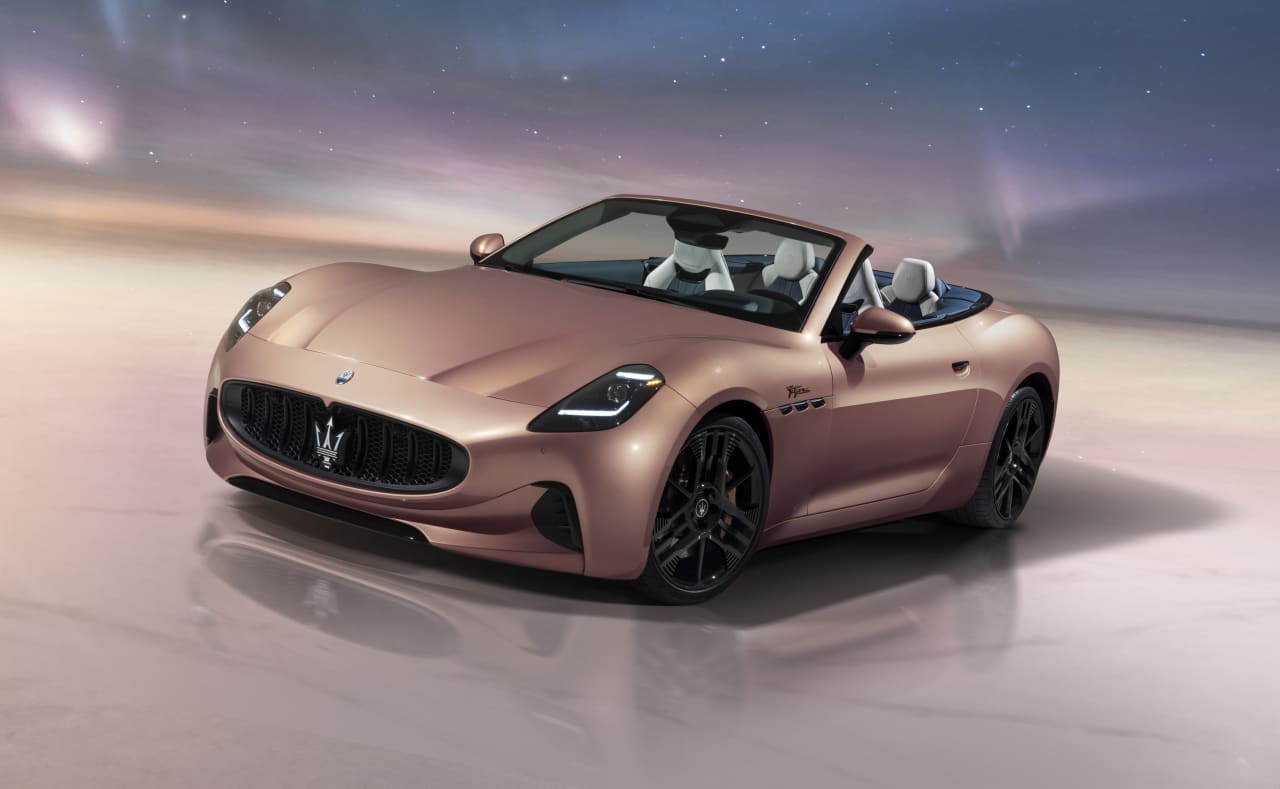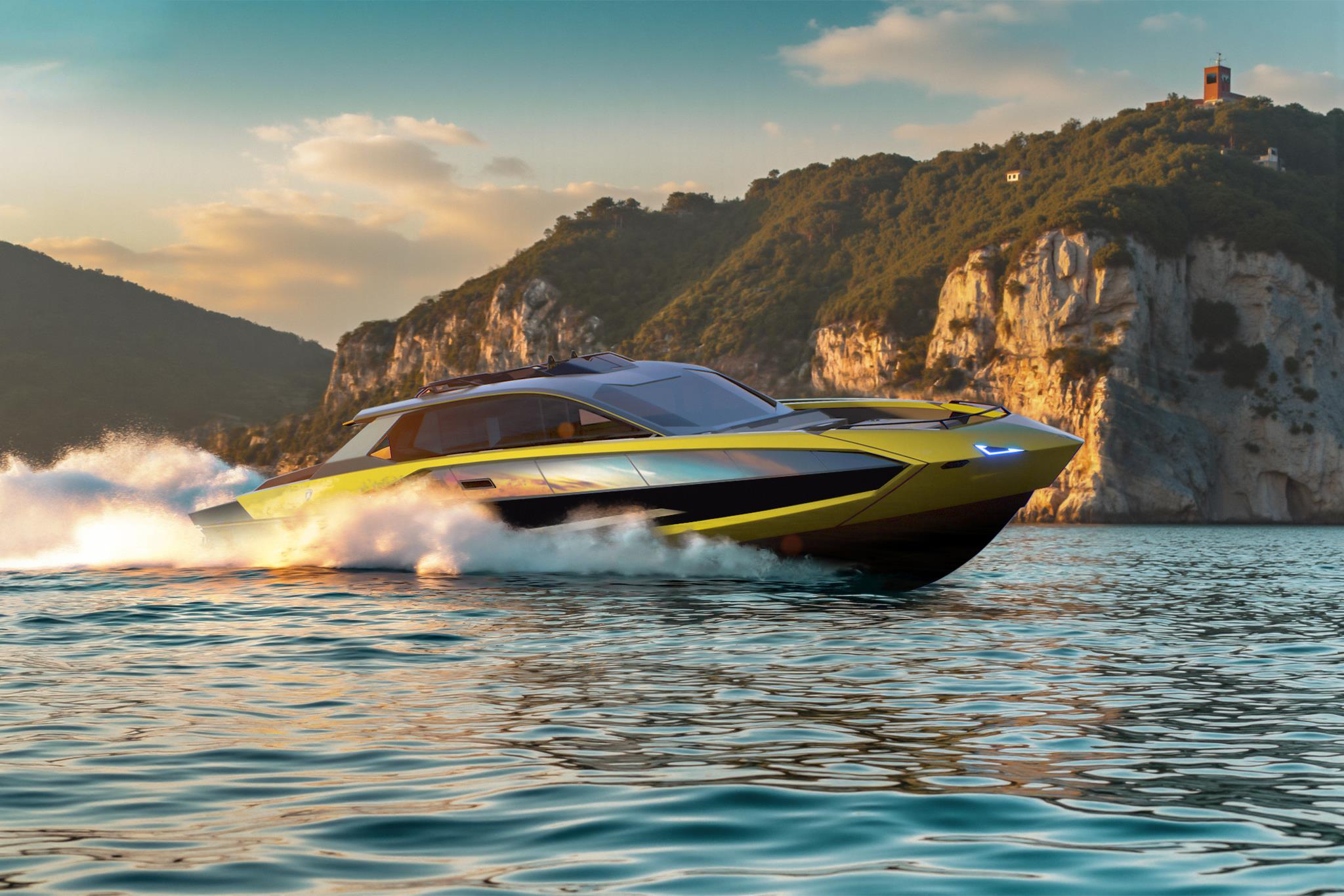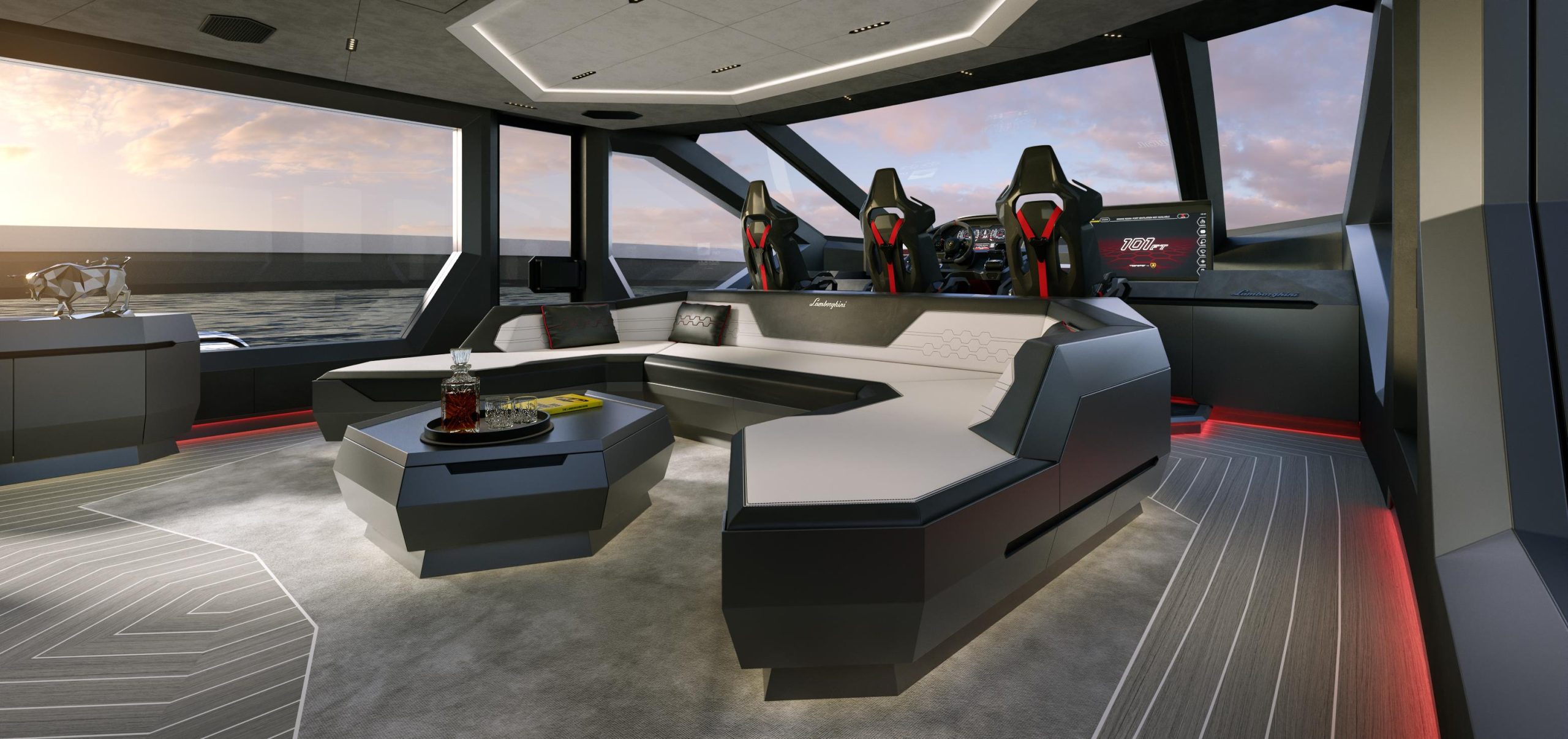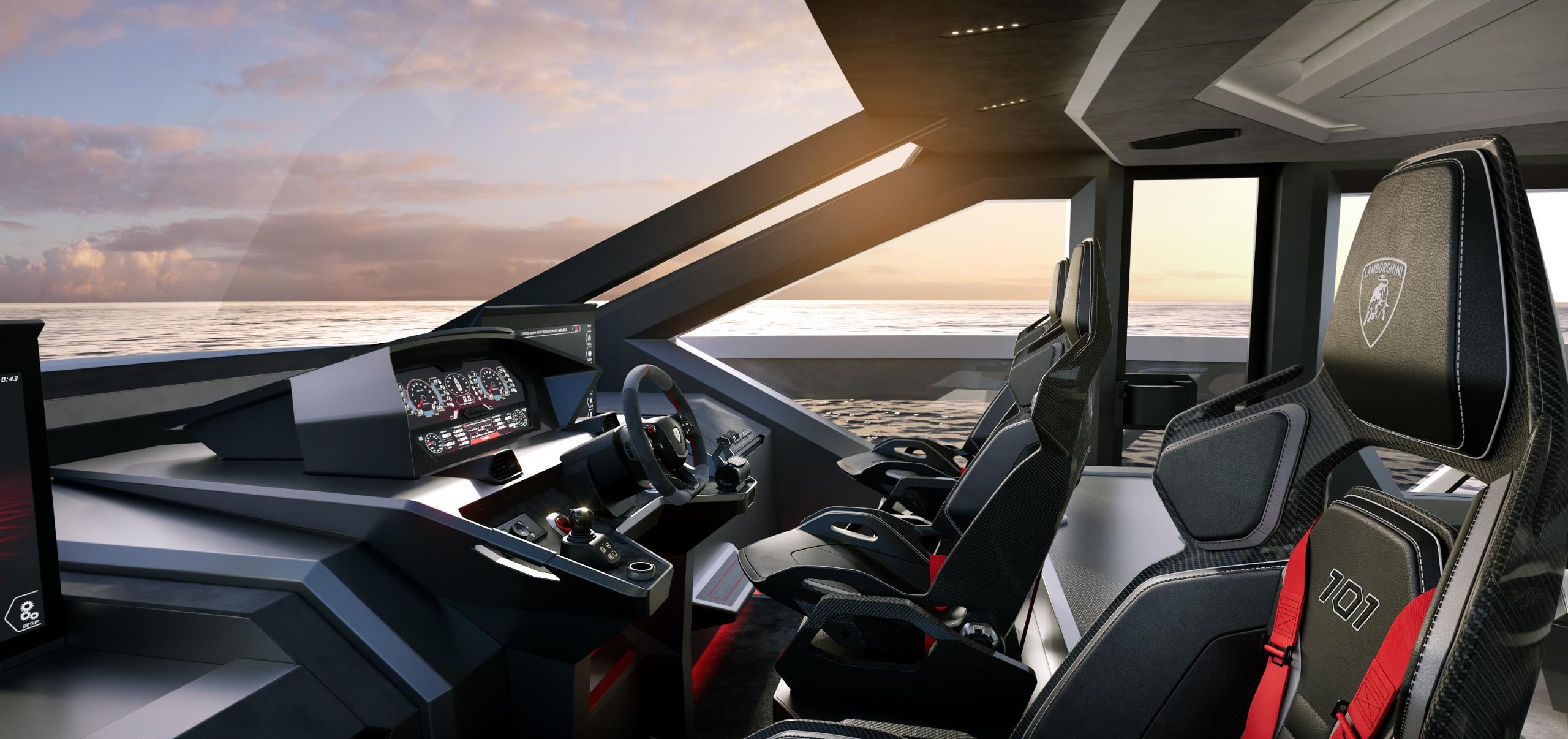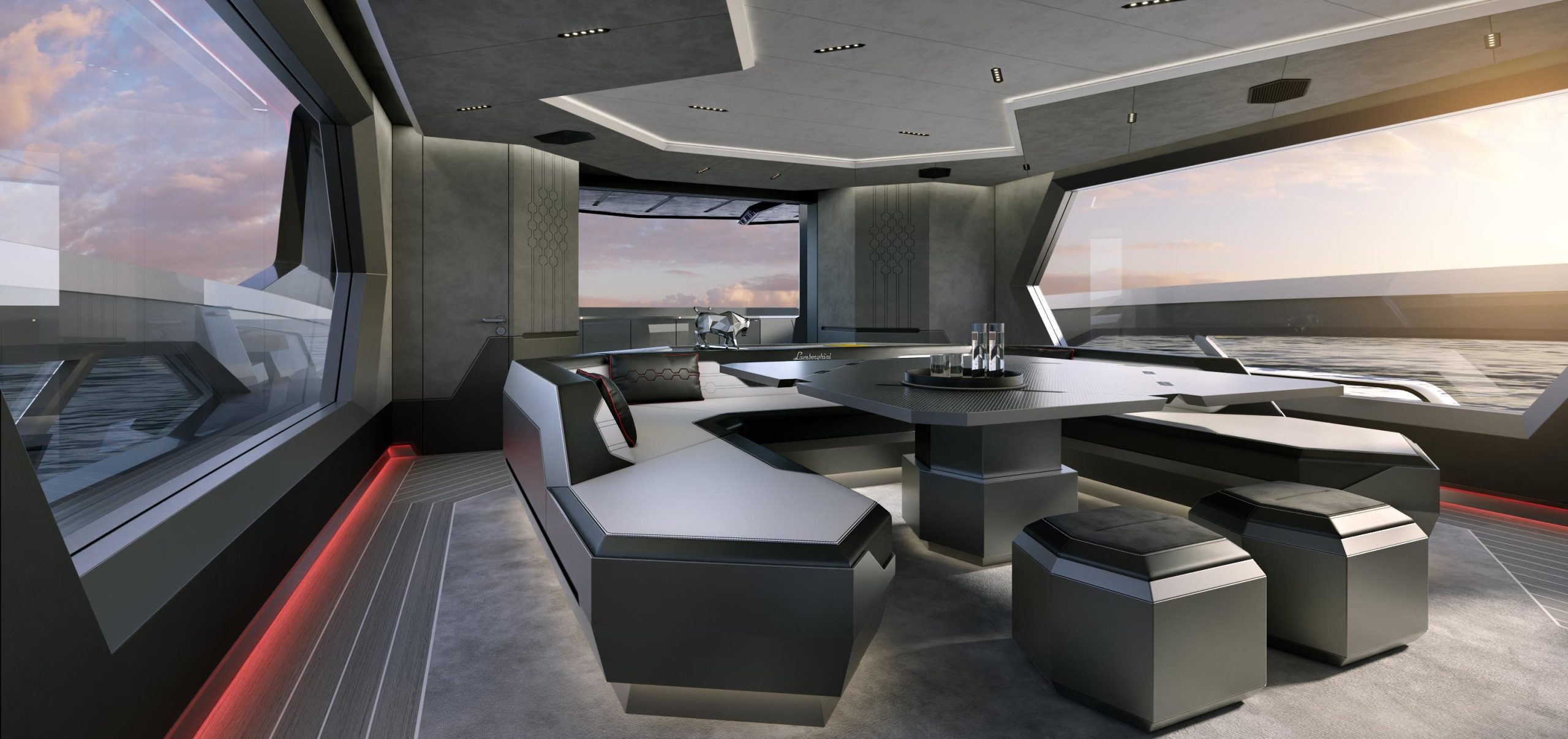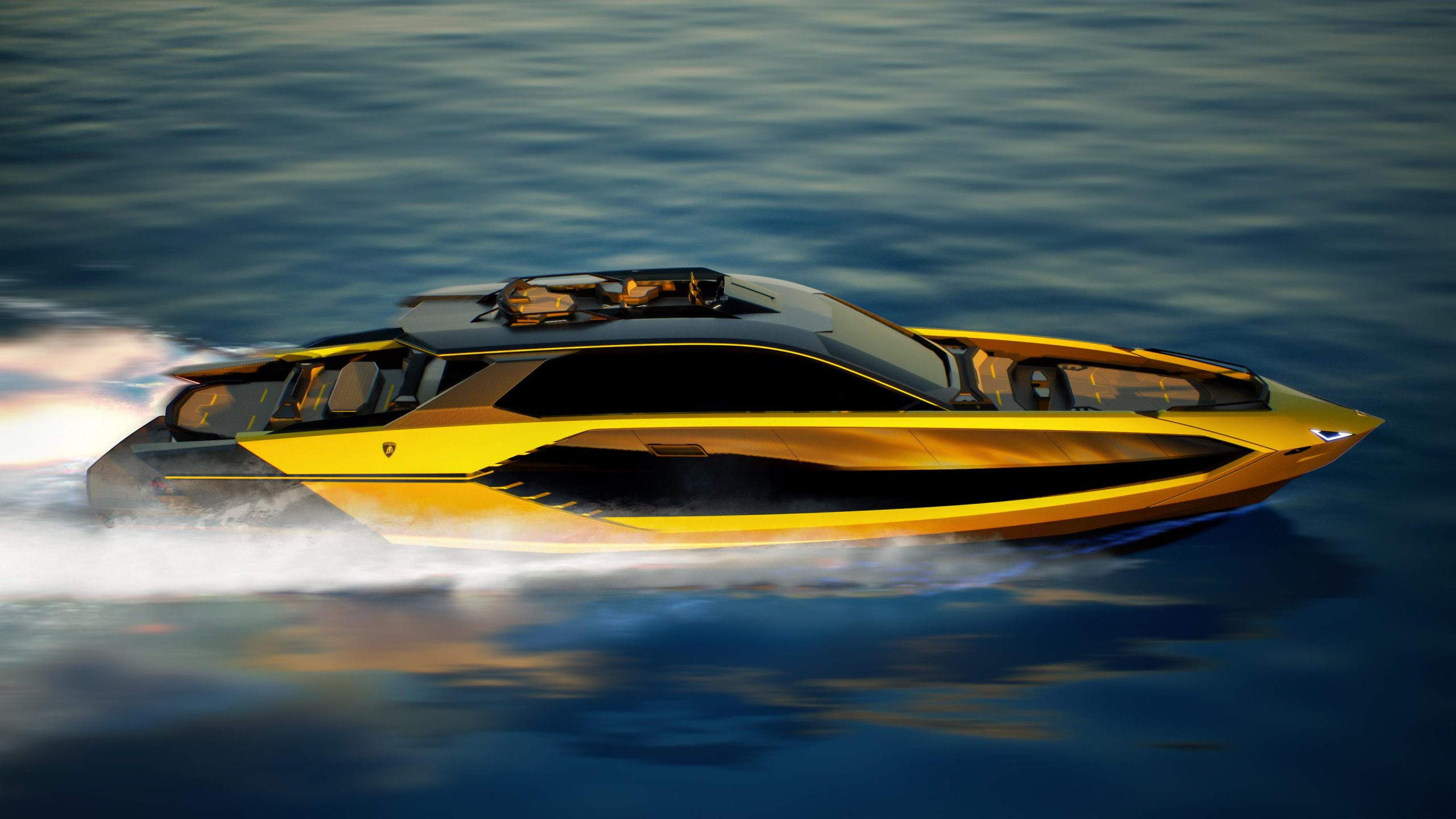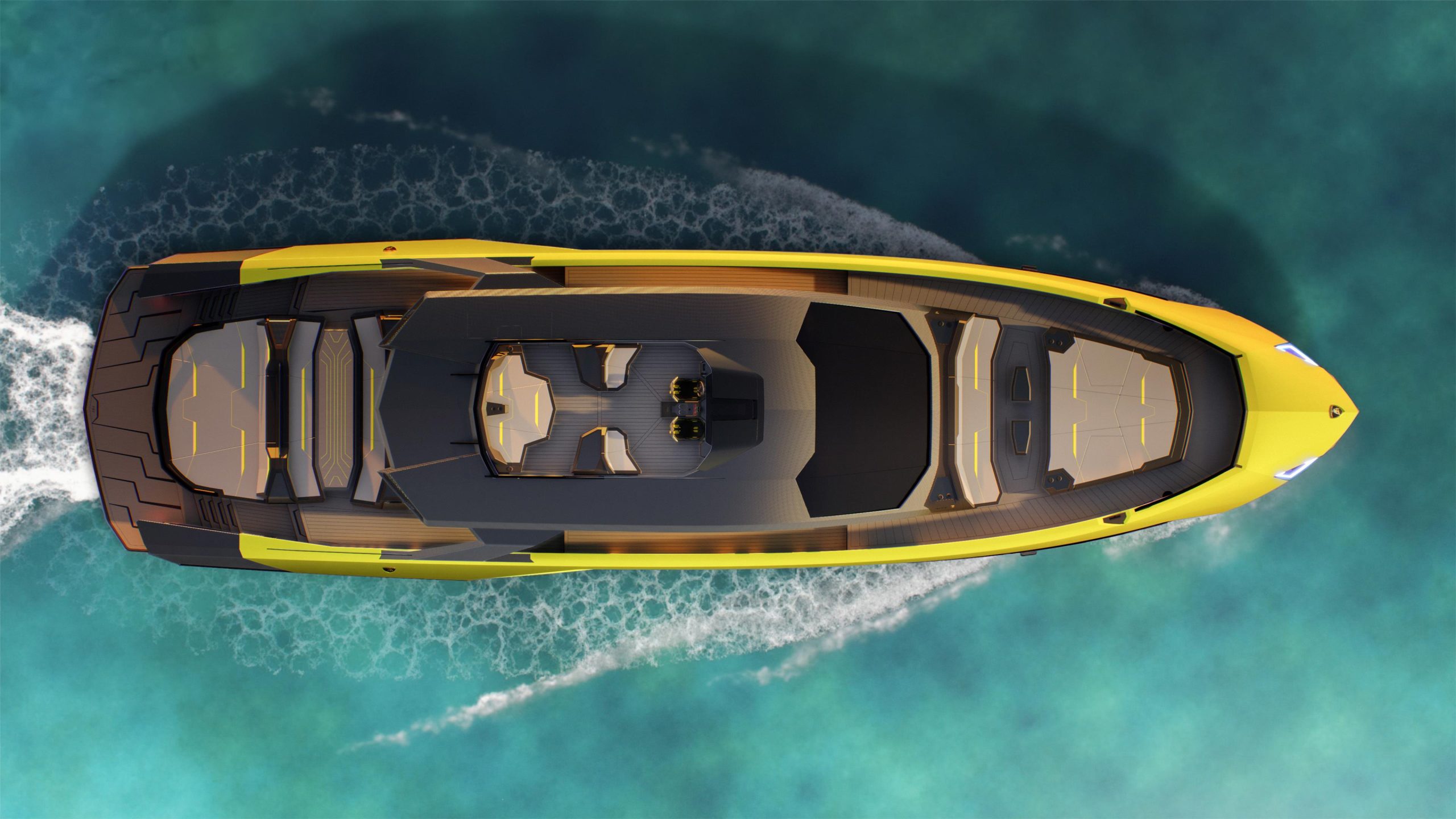A Car That Costs as Much as a House Is the Latest ‘Dream’ of America’s Upper Middle Class
When Lamborghini announced its end-of-an-era Huracán Super Trofeo Jota last April, in an edition of just 10, it sold out immediately. No price was announced, though it was probably above US$400,000. That hardly deterred buyers eager to own one of the last Huracán supercars.
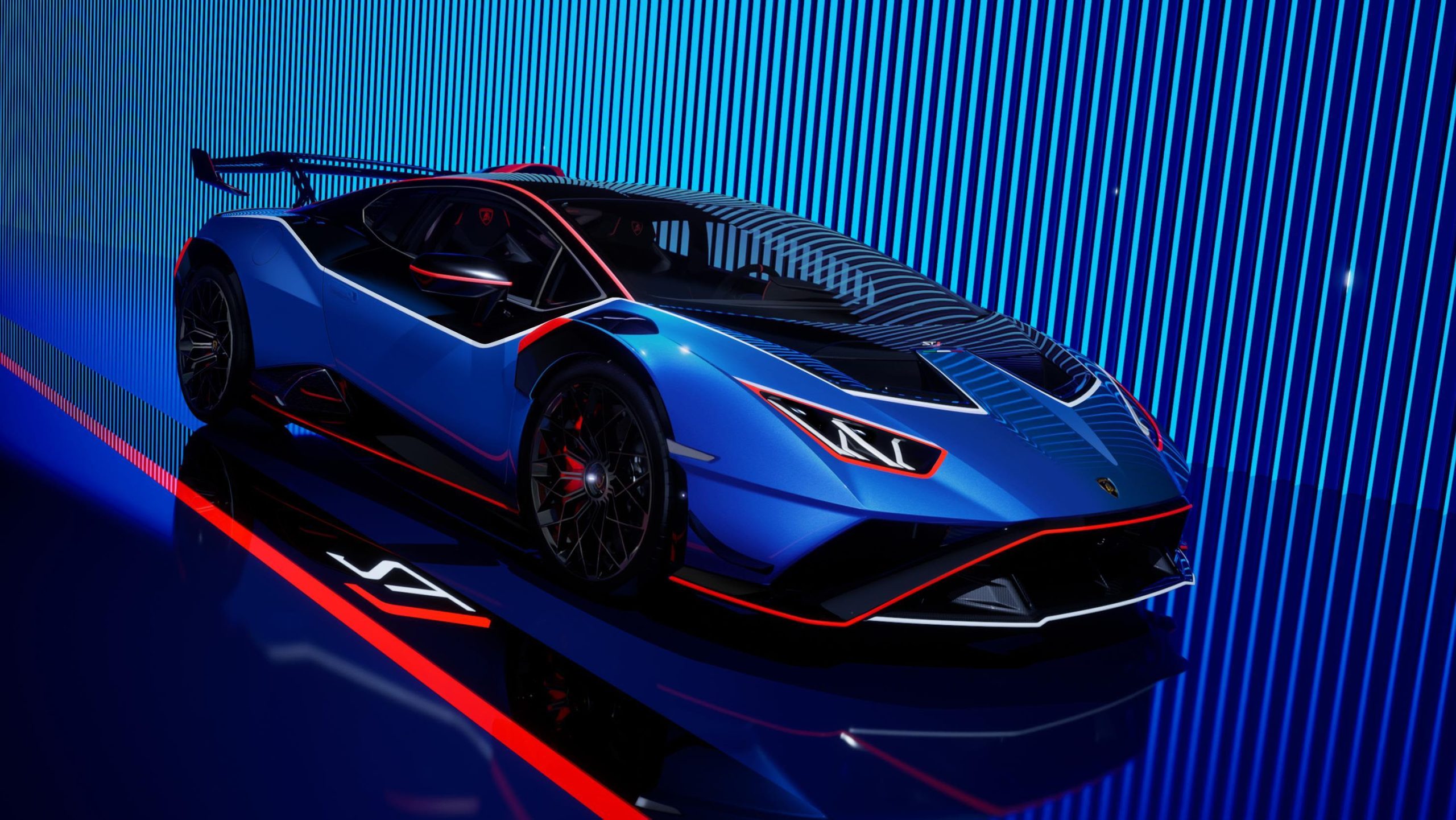
Ferrari’s limited-edition 812 Competizione and 812 Competizione A in 2021? The 999 hardtops (US$598,567) and 599 targas (US$694,549) were gone very quickly, though maybe not in 60 seconds.
Meanwhile, the Rolls-Royce Black Badge Cullinan “Blue Shadow Private Collection” cars that appeared in 2023, just 62 in number, disappeared within two weeks. Black Badge Series II Cullinans start at US$470,000 for 2025, but these special editions are pricier—more than US$600,000.
“The primary driver for Rolls-Royce Cullinan clients is not price, but a combination of lifestyle and personalised exclusivity,” says Martin Fritsches, president and CEO of Rolls-Royce Motor Cars North America.
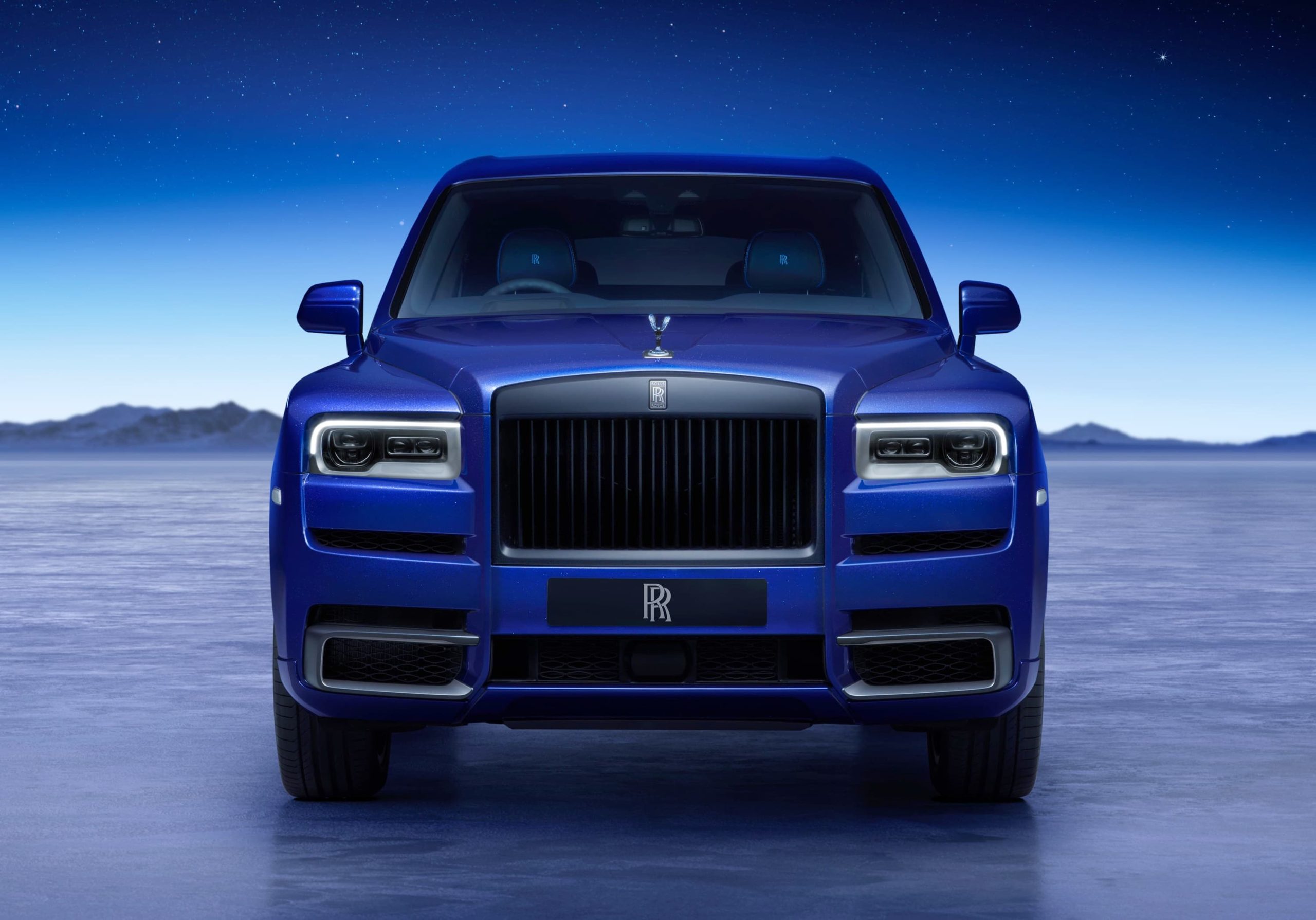
The global supercar market was US$17.5 billion in 2023, reports MarketResearch.biz, but it could soar to US$24.9 billion by 2033. Supercars, Business Research Insights says, “are a symbol of luxury, performance and status, appealing to affluent buyers who seek exclusivity and the thrill of driving a high-powered machine. … With a growing global economy and increasing wealth, the demand for supercars continues to rise.”
In the U.S., the American International Automobile Dealers Association reported that luxury brand deliveries in 2023 were more than 2.6 million, accounting for 17% of U.S. light-vehicle sales. That was up from 2.2 million sales in 2021 (and a 14.7% share).
Supercar sales represent small totals, but big potential profits. It’s a niche with an increasing number of startups, including battery cars from companies such as Lucid and Rimac. Ferrari, for instance, reported a US$1.36 billion profit in 2023, a yearly record. That’s despite producing only 13,221 units in the year. Ferrari has typically produced between 8,000 and 11,000 cars annually, but it’s one of the world’s most written-about, admired, and sought-after brands.
And Lamborghini had its best year in 2023, with an operating profit of US$777 million. That’s on sales of 10,100 globally. But each sale was a big ticket: The Huracán buyer in 2023 paid between US$212,090 and US$340,690. Volume didn’t help Tesla all that much. The company sold 1.8 million vehicles globally in 2023 (and had the world’s best-selling car in the Model Y), but has been experiencing declining profits.
This year, the supercar and luxury carmakers are revelling in the power of special editions and the one-of-one “bespoke” commission. Without having to make major changes to their existing models, the companies are able to greatly increase the price—via distinctive colours, interior appointments, and personalisation. Perhaps Tesla would do better if it too delved deeper into accommodating its eager customers with vast personalisation possibilities. Who wouldn’t want a one-of-10 SpaceX Edition of the Model Y?
Meanwhile, established supercar makers are rapidly transitioning to electric and hybrid drive, motivated by international regulations that will ban internal-combustion engines by 2035. Maserati, for instance, is introducing electric “Folgore” versions of its GranCabrio convertible this year, and MC20 supercar in 2025. There will be a new electric SUV in 2027 and a four-door battery Quattroporte in 2028. Electrification is not likely to lead to either lower prices or lower demand, but there’s no certainty.
The Collector Market Is Cruising, Too
The market for collector vehicles above US$200,000 also remains quite healthy. The US$143 million paid for the 1955 Mercedes-Benz 300 SLR Uhlenhaut Coupe in 2022 surpassed the results of any other car sold at auction by more than US$90 million.
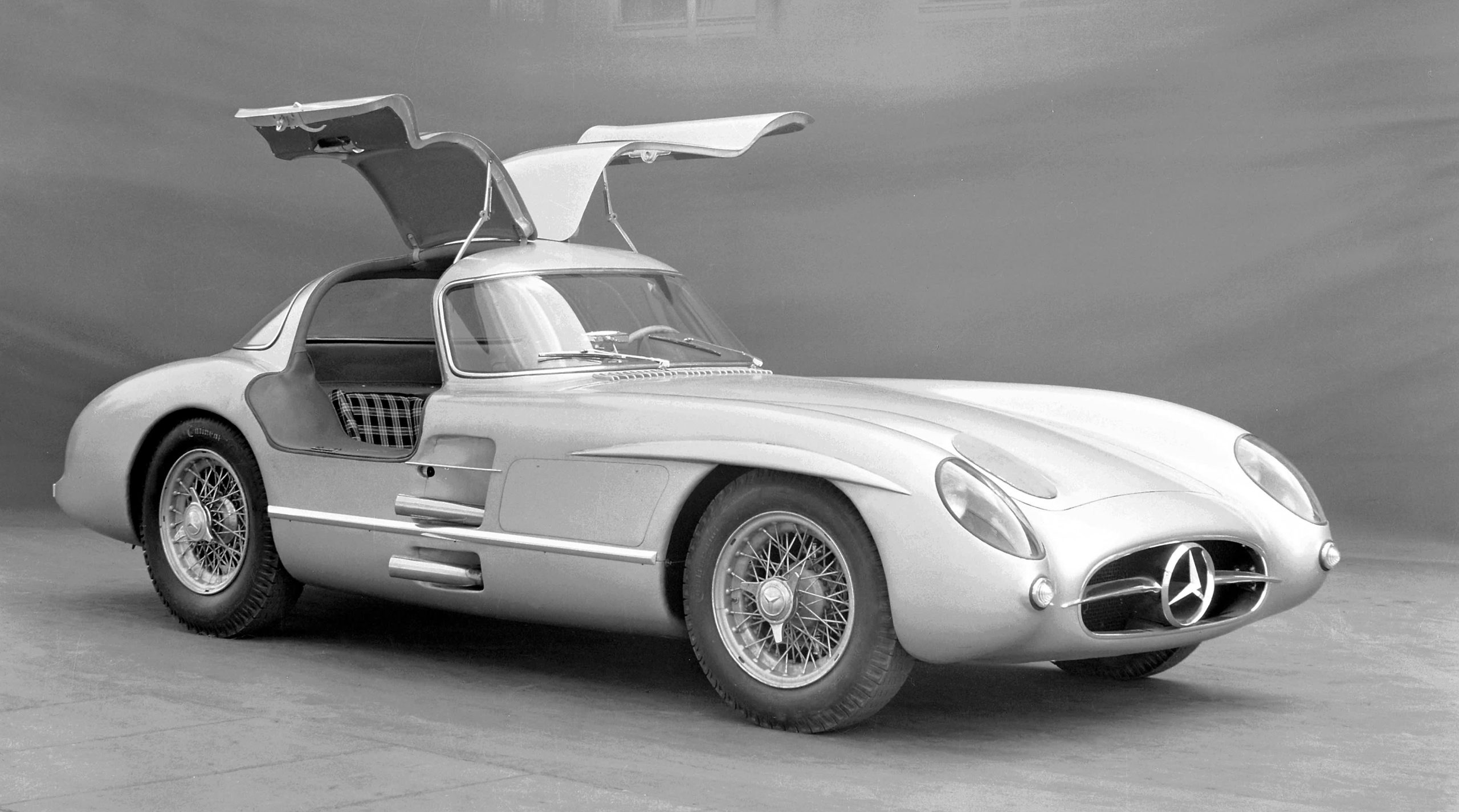
Critics who said that high-dollar buyers would never buy US$200,000-plus cars online (without seeing them in person) have been proven dramatically wrong, and the increase in online buying on sites like Bring a Trailer (BaT) and Cars & Bids has stoked rising values.
“March 2024 was the largest-volume month in our Premium Listings category since we launched it in 2019,” says Randy Nonnenberg, president and co-founder of BaT. “April 2024 followed on with 64 vehicles selling at over US$200,000 in value, with the top sale a Bugatti Chiron at US$3.075 million.”
Offerings in that price range from a US$250,000 1932 Ford hot rod coupe and a Lexus LFA to modern Ferraris and Ford GTs, Nonnenberg says. “The low transaction fees of our online platform make it very attractive for buyers of these expensive items when compared to other venues.”
Pre-owned supercars (and adjacent American muscle) often appreciate in the marketplace, with the rare (and most powerful) ones commanding huge prices.
“The strong US$3.5 million paid at our Amelia Island auction in March 2024 for a Porsche 918 Spyder Weissach—as well as many other strong prices for contemporary supercars—demonstrates the strength in this segment,” says David Gooding , president of the Gooding and Company international auction house. Seven cars priced at more than US$10 million were offered at auction last year, reports Hagerty, with as many as 10 expected in 2024.
McKeel Hagerty , CEO and chairman at Hagerty, says the US$200,000 price point is an interesting one in the enthusiast car market.
“With a budget like that, you can buy some fantastic classics with a rich history, late-model supercars, or you can build a wide variety of the latest restomods [older cars restored with modern amenities],” Hagerty says. “These are the dream cars of the American upper-middle class.”
Hagerty says that US$200,000 would buy “a great, early Porsche 911 S or Jaguar Series 1 E-Type Roadster.” A supercar car lover might also find a Lamborghini Huracán or Ferrari 458 with “weapons-grade performance” in the price range, or a Plymouth Superbird and ‘66 Mustang GT350, he adds.
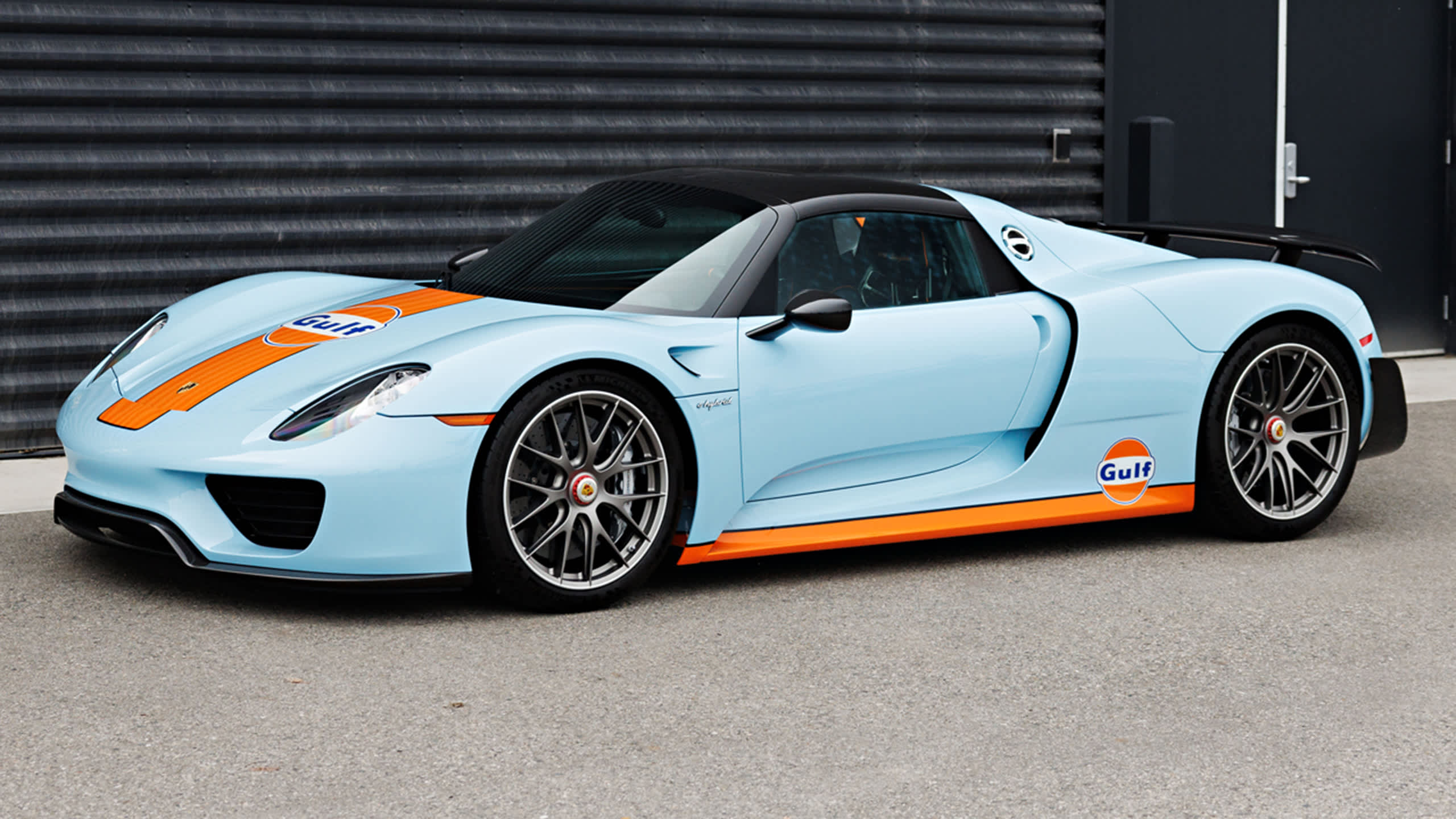
Despite the demand, Brian Rabold, vice president at Hagerty Automotive Intelligence, says that high-priced cars don’t necessarily appreciate as fast as some others when they age.
“In the past five years, the 87 vehicle generations in the Hagerty Price Guide with an average value between US$200,000 and US$500,000 have seen an average value growth of 9.24%. This lags behind the 35% average value growth seen in the remaining 1,351 vehicle generations,” Rabold says.
Nevertheless, he says the future “looks bright” for the US$200,000 to US$500,000 segment. “These vehicles are becoming more popular among collectors. Surprisingly, Baby Boomers (who hold most of the wealth in the country) are not driving this growth.” Hagerty is seeing more queries from Gen-X.
“Owning a desirable car or truck that you can drive, or show is much more fun than storing your stock certificates in a safe,” says Craig Jackson , chairman and CEO of the Barrett-Jackson auction house. “Plus, it can offer a long-term upside if you research before you buy.”
 Copyright 2020, Dow Jones & Company, Inc. All Rights Reserved Worldwide. LEARN MORE
Copyright 2020, Dow Jones & Company, Inc. All Rights Reserved Worldwide. LEARN MORE
A divide has opened in the tech job market between those with artificial-intelligence skills and everyone else.
A 30-metre masterpiece unveiled in Monaco brings Lamborghini’s supercar drama to the high seas, powered by 7,600 horsepower and unmistakable Italian design.
A 30-metre masterpiece unveiled in Monaco brings Lamborghini’s supercar drama to the high seas, powered by 7,600 horsepower and unmistakable Italian design.
When Lamborghini takes to the water, subtlety isn’t on the agenda. Unveiled at the Monaco Yacht Show, the Tecnomar for Lamborghini 101FT is a 30-metre superyacht that fuses Italian automotive theatre with cutting-edge naval engineering.
The model builds on the collaboration that began in 2020 with the Tecnomar for Lamborghini 63, a sell-out success that celebrated the marque’s founding year.
This new flagship pushes the partnership between Automobili Lamborghini and The Italian Sea Group to a grander scale, designed to deliver the same adrenaline rush at sea that drivers expect behind the wheel.
“The Tecnomar for Lamborghini 101FT redefines the concept of nautical luxury,” said Stephan Winkelmann, Chairman and CEO of Automobili Lamborghini.
“It is not only a yacht, but an affirmation of Italian excellence. The Italian Sea Group and Automobili Lamborghini share an exclusive clientele who are passionate about beauty, technology, and extreme performance.”
Design cues are unmistakably Lamborghini. The yacht’s sharp exterior lines echo the Fenomeno supercar revealed at Monterey Car Week, complete with Giallo Crius launch livery and signature Y-shaped lighting.
Inside, the cockpit and lounges mirror the DNA of Sant’Agata supercars through hexagonal motifs, sculptural seating and dramatic contrasts. With accommodation for up to nine guests and three crew cabins, indulgence meets practicality on every deck.
Performance is equally uncompromising. Three MTU 16V 2000 M96L engines and triple surface propellers generate a combined 7,600 horsepower, driving the yacht to 45 knots at full throttle, with a cruising speed of 35 knots. Two 35 kW generators provide additional efficiency and reliability, ensuring the yacht’s power matches its presence.
Mitja Borkert, Lamborghini’s Design Director, said: “With the Tecnomar for Lamborghini 101FT, we aimed to create a product that embodies the main design characteristics of our super sports cars. All the details, from the exterior to the colour, to the interior areas, recall and are inspired by Lamborghini’s DNA.”
Presented in scale at Monaco, the definitive Tecnomar for Lamborghini 101FT is scheduled to hit the water at the end of 2027. For those who demand their indulgence measured not only in metres but in knots, this is Lamborghini’s most extravagant expression yet.
With two waterfronts, bushland surrounds and a $35 million price tag, this Belongil Beach retreat could become Byron’s most expensive home ever.
A cluster of century-old warehouses beneath the Harbour Bridge has been transformed into a modern workplace hub, now home to more than 100 businesses.









